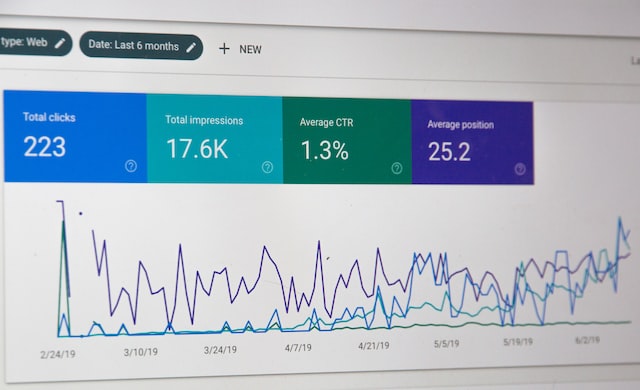You want to improve your search engine rankings if you have an online presence. Period. Your site (and potentially your business) will float in the absence of traffic and unique visitors. It’s simple logic: no one will buy your products or read your content if your website isn’t visible.
You’re not surprised by this. If no one clicks, your efforts are futile. Genuine content that assists people is appealing to search engines in today’s age. There’s more to it than just producing phenomenally useful content. Have you devoted every waking moment (and every dollar) to establishing authority? Trying to improve your UX? Ensure that your personal brand name information is correct. While undoubtedly more time-consuming (and potentially more expensive), an SEO audit is a less difficult path to take. SEO audits are similar to a graded scorecard for your website. We’ll go into more detail about the specifics later, but for now, we’ll say you’ll learn your site’s weaknesses, where they are, and how to fix them so your site rises in the search engine rankings.
You can implement a few SEO principles to naturally entice people to visit your site and convert them from visitors to buyers. The audit can then be continued. The entire procedure will then run much more smoothly. Let’s go over a few of those principles.
Create Your SEO Strategy
First and foremost, your traffic rankings for the remainder of 2023 will be determined by the SEO strategy you employ. As an example…
Do you prioritise your site’s mobile-first index?
Do you use voice search?
Do you create progressive web applications?
Do you have a budget for your crawl?
How much time (and effort) do you devote to backlink building?
Going all in on each strategy and pushing yourself to the limit is a waste of energy and time. It’s not called “the jack of all trades” for nothing. Choose a strategy, master it, apply the techniques you learned, and then monitor the results. When you make changes to your website, always keep track of the results. You won’t know what works and doesn’t unless you record, track, and analyse results.
Examine Your Social Media Presence
According to Statista, Facebook will have the most active users in 2022. YouTube came in second, and WhatsApp came in third. Social media platforms are a goldmine for improving your SEO rankings. How? Your level of (in)activity helps search engines determine whether you only care about keeping your website updated. Your Google ranking is affected by the level of human engagement.
Indexes base their rankings on how much time you spend surfing the web. Developing your Facebook content is thus a significant step toward moving up the ranking list. (Another important step is to share your blog content—you have a blog, right?—on your social media accounts. Who knows, you might end up being an influencer.)
Long loading times
Do you know how long it takes for your website to load? Be truthful to yourself. Vague phrases like “my site loads quickly” or “my site loads slowly” will not help you. Savvy marketers understand how long their site takes to load to the millisecond.
Why?
Because the more quickly a site loads, the better. Better yet, how? Google ranks you in its search engine based on the speed with which your site loads. We’re both aware that people despise waiting. (When a 3-minute YouTube video took 10 seconds to buffer, I threw my laptop out the window. Kidding.)
Your visitors will not wait for your website. Not when there are more pressing matters to attend to. Fortunately, testing the speed of your website is simple. Pingdom is a free tool that can help you with this. Simply enter your URL in the box and press the “START TEST” button. I examined Moz.com to see how it performed. It received an overall grade of C. (77 out of 100). It is faster than 54% of the sites tested. Moz loads in 2.80 seconds despite having a 1.8MB page size. Pingdom even provides performance insights and grades different aspects of your site.
People must buy from you at the end of the day. That simple. If they don’t, your business will suffer, regardless of how many unique visitors you have.
Conclusion
You can perform an audit after you’ve optimised your site. When all is said and done, performing your own local SEO audit should take no more than a day. (If you know what you’re doing.) On the other hand, there are numerous companies that can help you with SEO citation audits. Remember that if you have a website, you need an SEO audit. Here’s a rundown of their advantages:
- Compare your site to your competitors – and how to use that information to gain an advantage.
- To remain relevant, plan (and execute) future expectations for your brand.
- Check to ensure that your links, resources, sources, and citation notes are correct and up to date.
- Find and fix your site’s flaws (how is the quality of your links? Information and sources? Incorrect information harms your rank placement; citation audits can easily correct this.)






